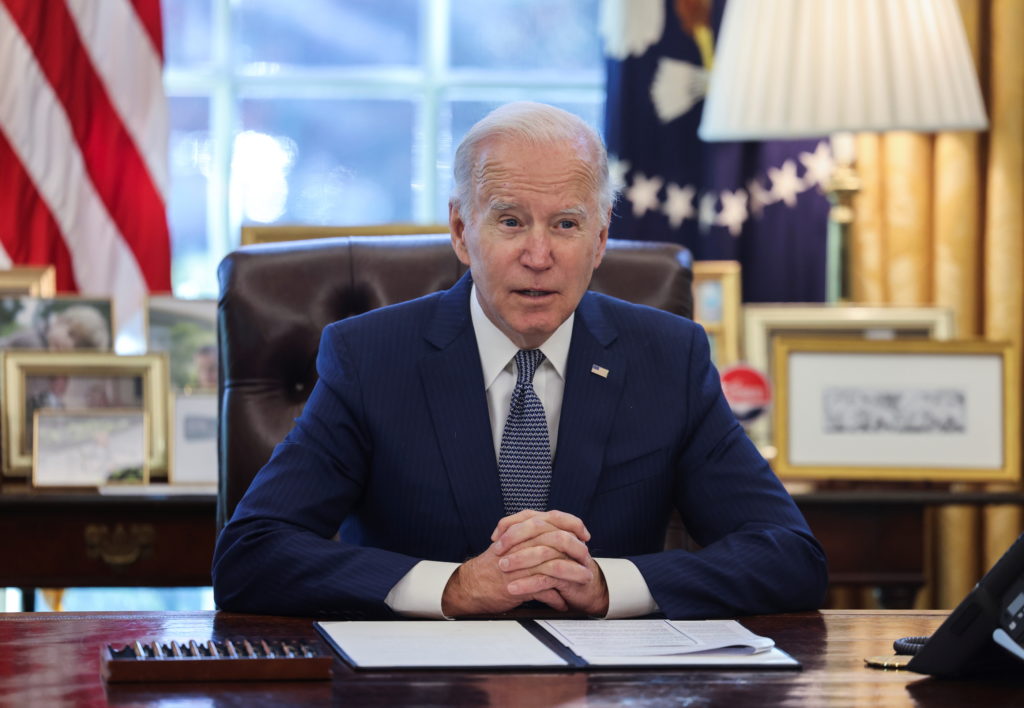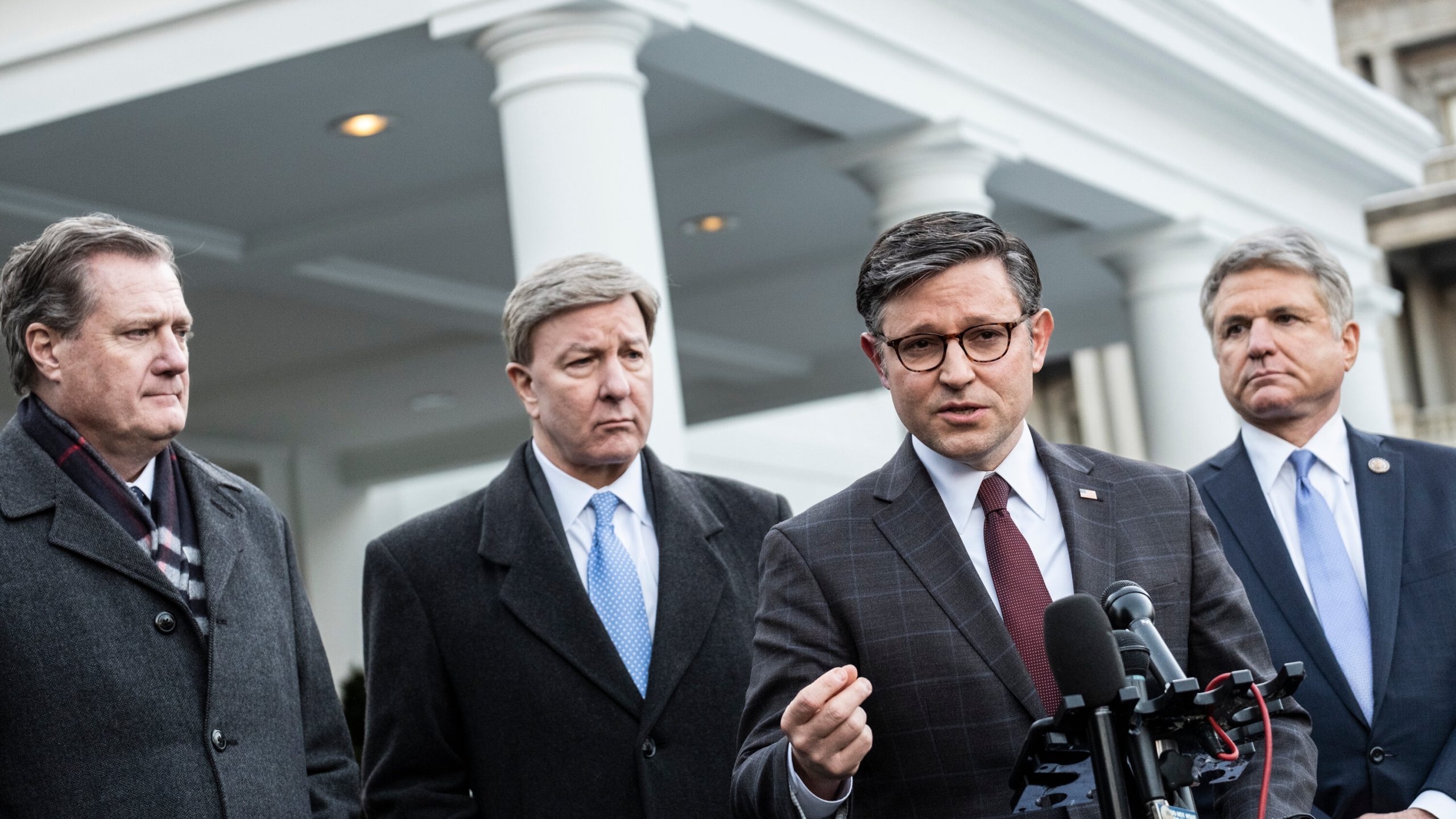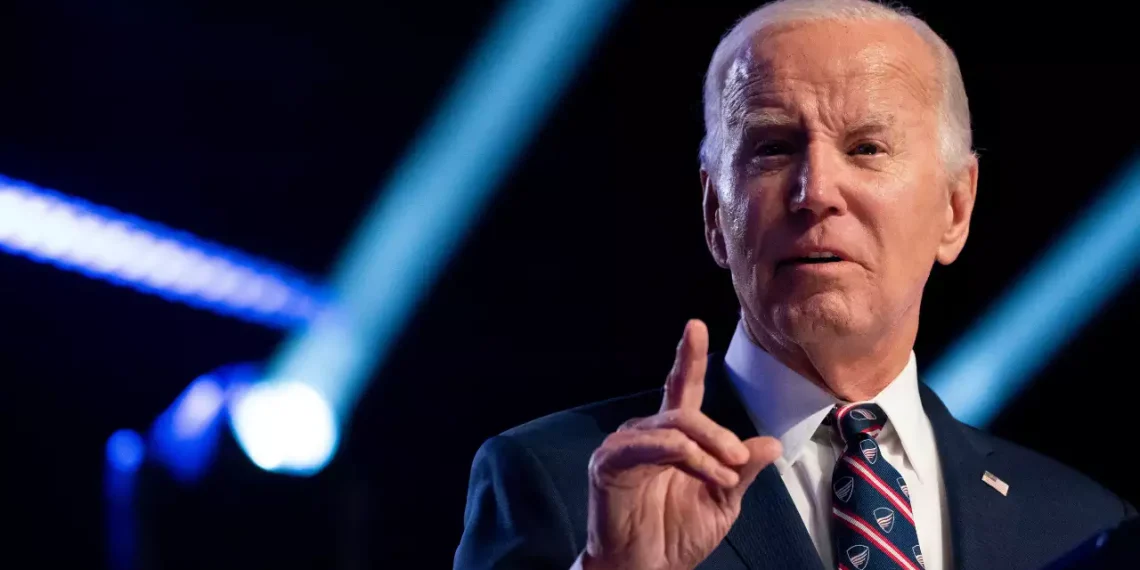President Joe Biden signed a temporary funding bill to prevent a partial government shutdown at the week’s end. Congress faced looming shutdown deadlines on Friday and March 8. The stopgap measure extends funding temporarily and sets two deadlines on March 8 and March 22 to finalize full-year funding bills.
Congressional leaders agreed on six appropriations bills earlier in the week, aiming to enact them before March 8. The remaining appropriations bills for the rest of the government will be finalized and passed before March 22. Both the House and Senate approved the bill on Thursday.

House Speaker Mike Johnson faced pressure from conservative members to secure wins in the government funding battle. He defended the spending talks, highlighting the complexity of the appropriations process and the need for compromise.
Johnson’s handling of negotiations was scrutinized in a meeting with GOP House members before the vote.
Johnson explained that GOP divisions prevented the House from approving procedural steps along party lines. As a result, he needed Democratic support to pass bills, leading to compromises on the spending package.
Johnson’s leadership, following his rise to House Speaker after conservatives ousted former Speaker Kevin McCarthy, raised questions about potential threats to his speakership.

Lawmakers have reached agreements on six appropriations bills, including funding for various departments like Agriculture-FDA, Commerce, Justice and Science, and Transportation-Housing and Urban Development. The remaining six bills cover areas such as Defense, Homeland Security, and Labor-Health and Human Services.
Biden’s signing of the stopgap measure provides breathing room for lawmakers to finalize full-year funding and averts the immediate threat of a government shutdown. The move reflects ongoing efforts to navigate funding negotiations amid partisan tensions and complex legislative procedures.





